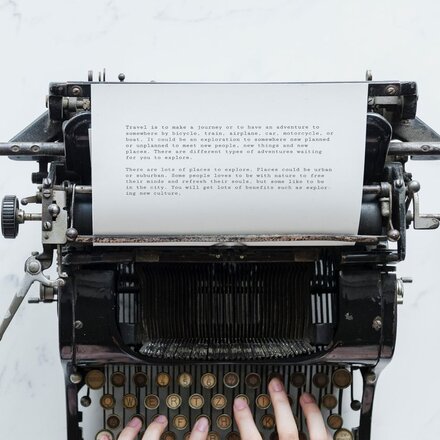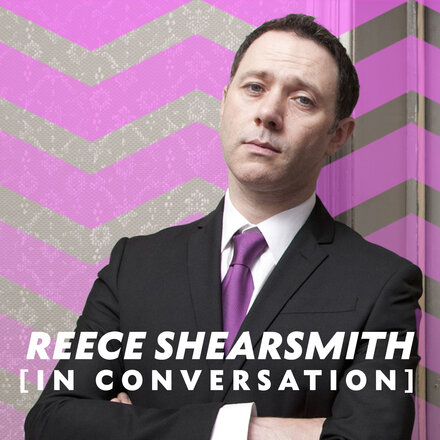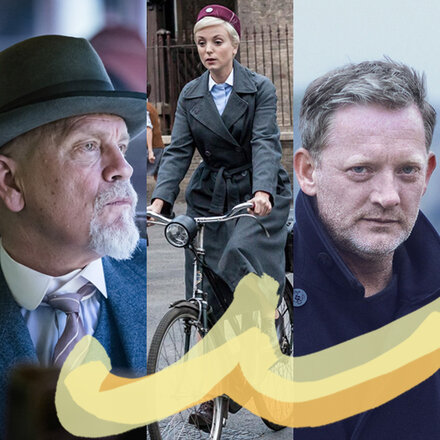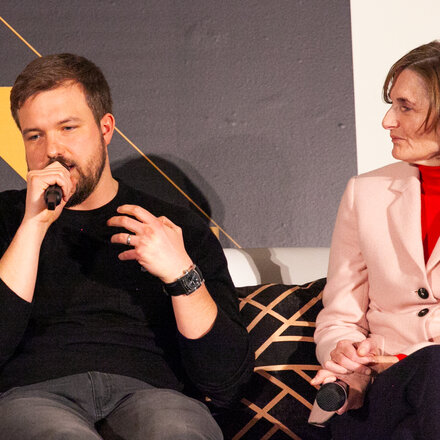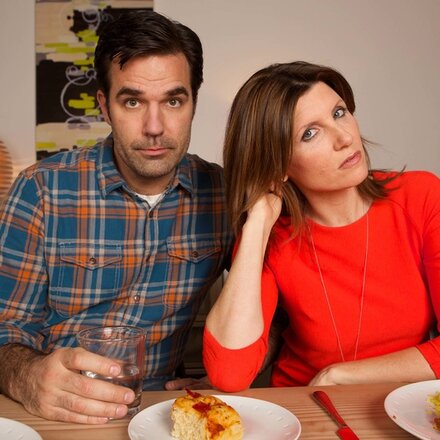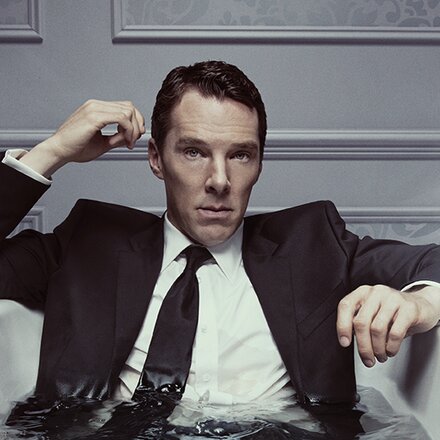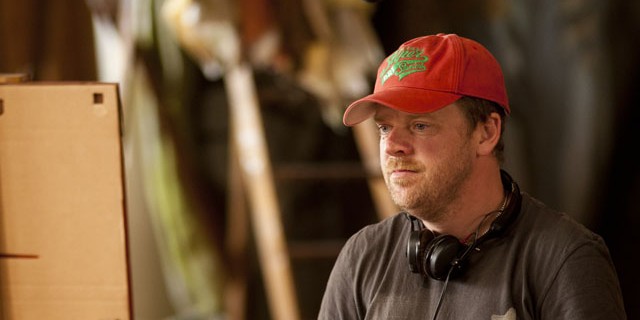
Paul Andrew Williams: Interview
The British writer-director of London to Brighton, The Cottage and Cherry Tree Lane offers his advice to aspiring filmmakers and discusses his new feature, Song for Marion.
Published 19 October 2012
Words by Quentin Falk
From a British writer/director recently summarised by one online critic as “making films about backwoods British cannibal and rapists,” Paul Andrew Williams’ fourth and latest feature, Song for Marion (2012), might come as something of a shock.
Following hard on the heels of his BAFTA-nominated underworld drama London to Brighton (2006), horror double bill The Cottage (2008) and The Children (2008), and chilling home invasion thriller Cherry Tree Lane (2010), Song for Marion does seem, on the face of it, cut from an entirely different cloth.
It might even be tempting to think that this heart-warming story of family, old age, terminal illness and community singing was intended as some kind of antidote to all that preceding gore and intensity.
The truth is, as it often tends to be in a film industry where the wheels can turn exceedingly slow and the vagaries of financing are notorious, the project actually first saw the light of day before Williams began to spill blood with such gusto.
He explains: “Weirdly, I was commissioned to write it back in 2006, just as London to Brighton was hitting the cinemas. As always in this industry you can be a victim of circumstance in terms of whether you get the money at a particular time, what actors are available and which companies are on board. The Cottage was already underway when I started to write the first draft and then the film fell by the wayside for various reasons over the next five years.
“I originally pitched the idea to David Thompson who was then at the BBC. Has it evolved much? Not really, it had most of its elements back then. It was basically about this old man and the whole idea of change. How would someone very set in their ways and desperately unhappy beneath all that be able to find a way to step out of it? That element was always there.
"I didn't go to film school. I made some shorts and a few music videos and basically learned by doing it. My advice is to just keep going."
“And yes, there are definitely personal elements to this film that are very important to me, especially its idea of family. I look at it as having something personal for everyone. As far as the choir is concerned, yes, they always have dramatic potential and also, in this case, add a sense of close community. Frankly, I couldn’t be in a choir, but seeing what people do with them now is very good.”
What Williams surely couldn’t have legislated for back at that earliest pitch stage was eventually snaring a cast that would include Vanessa Redgrave and Terence Stamp, as an elderly, loving couple despite being temperamentally unsuited, and Gemma Arterton, as a nervy music teacher who moonlights running the local community choir.
Says Williams: “I think I like to flatter myself that any of these people knew who I was regardless of what I’d done before. In actual fact, I don’t think any of them had seen my other films – maybe Gemma had – so because I wrote it as well, the first thing they knew of me was the script.” “Terrific” and “wonderfully well written” was Redgrave’s enthusiastic response.
With a comparatively low budget – “I’ve made lower, though,” laughs Williams – precious little rehearsal time for the principals and the requirement to shoot in the North East, although the actual location is non-specific in the film, there were many challenges at the outset. Oh, yes, and the weather – “it was terrible.”
Then, of course, there was the no small matter of the singing.
“For me, filming Vanessa doing her song in the park was one of the hardest things I ever had to do, for many reasons. We had a day to do it, three cameras, and in terms of the weather no two shots were ever the same in terms of sun and cloud; and I was hoping beyond hope that we’d get it in the first go. My gran had died of cancer, and all I know was I was crying when Vanessa was singing and as soon as she finished I had to go and sit in a corner for 25 minutes. This was weird. We were filming out the back of a hospital and as I sat by a wall crying I suddenly realised I was sat outside the cancer ward and suddenly there were people walking past saying, ‘You alright, mate?’”
If that was the “hardest”, then he’s, to date, probably proudest, he says of some of his work on The Cottage.
"I learned by asking questions all the time. A lot of new young filmmakers think that if you ask a question you are somehow looked down on."
“With this film you have two incredibly subjective genres, horror and comedy; people are either incredibly scared or not, laugh or not. We really worked to try and pull that off. It was such a hard shoot with lots of nights. Where I was in my career at the time, being just my second film, I’m definitely proudest of certain moments in that.”
Williams is an abject lesson in persistence: “I didn’t go to film school. I made some shorts and a few music videos and basically learned it by doing it. I also learned by asking questions all the time. A lot of people, especially new young filmmakers, think that if you ask a question you are somehow looked down on.
“When I started out, I guess I knew a bit because I’d been an actor, but generally I had to ask about everything. My advice is Just Keep Going. You hear people say, ‘I’ve got a great idea for a short film’ and I always reply, ‘just go and do it.’ If I could find the money I’d be making films all the time.”
Not yet 40, Williams says: “People still assume that because you’re a director with a film coming out, your life is unlike their lives. Apart from being able to get into some rooms easier, it’s still very hard. I still struggle for money and with all the insecurities, in fact, all the same things as when I was starting out.”
* Song for Marion is screening at the London Film Festival on 19, 20 and 21 October and goes on general release in the UK on 8 February 2013.
Paul Andrew Williams’ Guru Pick – James Cameron: A Life in Pictures
I genuinely think he is one of the greatest directors of the modern age. His films have been gigantic and groundbreaking and as a filmmaker his attention to detail is beyond belief. This is sometimes overlooked because he makes commercial movies. Aliens is probably my favourite film of all time.

